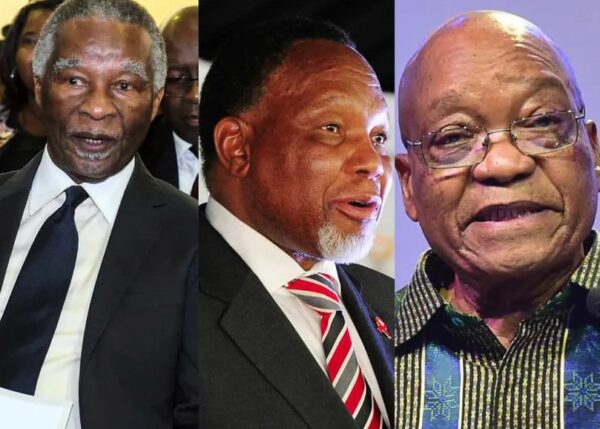Lifestyle
5 shocking things former South African presidents are banned from doing for life

You’d think being a former president comes with unlimited power and privilege — but in South Africa, stepping down from the highest office comes with some serious strings attached.
From legal limits to silent security rules, here are 5 shocking things former South African presidents are banned or heavily restricted from doing for life.
1. Accessing State Secrets Without Clearance
Many assume they always have access. Once out of office, former presidents lose automatic access to classified intelligence and national security briefings. Unless granted special clearance, they are shut out of current top-level information — no matter how long they served.
2. Making Personal Profit from Presidential Archives or State Material
Many expect them to use past materials in memoirs or speeches. They cannot use state-owned materials (letters, documents, recordings, etc.) for personal gain without approval. These belong to the state, not the individual. Using them in books or speaking tours without permission could lead to legal consequences.
3. Using Presidential Security for Political or Private Events
People assume they can always rely on state security. Though they are entitled to lifelong security, using presidential protection units (PPU) for personal business, political campaigns, or commercial events is forbidden. Abuse of this privilege can lead to government intervention or security withdrawal.
4. Running for President Again
South Africa allows multiple terms — but only two.South Africa’s constitution bans anyone from serving more than two terms as president, even if the terms were non-consecutive. So, a former president can never run again, unlike in some countries (like Russia or Brazil) where a comeback is possible.
5. Acting as an “Unofficial Diplomat” Without Approval
People think their global status allows free diplomatic activity. Former presidents cannot represent South Africa in international negotiations, peace talks, or global summits unless authorized by the current government. If they act without approval, it can create diplomatic confusion or even spark international incidents.






